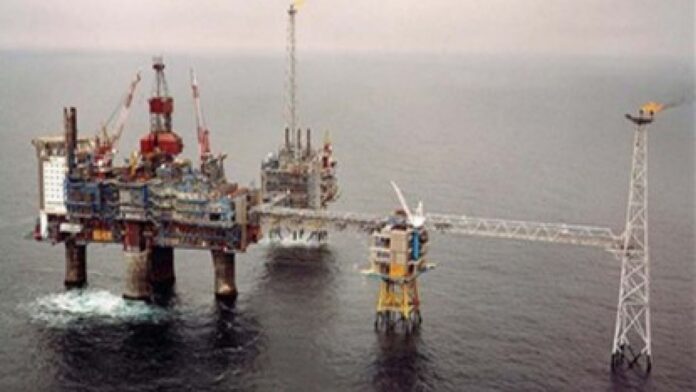Oil prices increased on Wednesday over supply uncertainties with the European Union plan to ban Russian oil and a warning from oil-producing countries of serious supply concerns once demand fully recovers from the coronavirus disease 2019 (Covid-19) slump.
International benchmark Brent crude was trading at USD104.78 per barrel at 0706 GMT for a 2.26 percent increase after closing the previous session at USD102.46 a barrel.
American benchmark West Texas Intermediate (WTI) was at USD101.94 per barrel at the same time for a 2.18-percent gain after the previous session closed at USD99.76 a barrel.
The EU is currently discussing a Russian crude oil and petroleum products embargo and limitations on oil and product shipping from Russia.
If accepted, Hungary, Slovakia and Czechia, all highly dependent on Russian energy imports, will have a longer transition period than other EU countries to wean off Russian imports.
Bulgaria also opposed the plan, threatening the bloc that it would not support sanctions without an exemption from the proposed ban on Russian oil purchases.
Concessions on the sanctions plan have expanded more, and the lifting of restrictions on EU tankers carrying Russian oil are due following pressure from Greece, Cyprus, and Malta.
Meanwhile, Ukraine said it would suspend gas flow through a transit point, which it said delivers almost one-third of the fuel piped from Russia to Europe through Ukraine.
The energy ministers of Saudi Arabia and United Arab Emirates (UAE) on Tuesday drew attention to “persistently low investment in conventional energy sources risks” which they warned would leave the world running out of spare production capacity for crude oil, refined products, and natural gas.
UAE Energy Minister Suhail al-Mazrouei said OPEC+ may not be able to guarantee enough supply when the world fully recovers from the Covid-19 demand slump.
The ongoing lockdown in China continues raising demand side risks for investors.
Fitch Ratings on Tuesday warned in its latest Economics Dashboard that the lockdown in Shanghai would exacerbate global supply-chain pressures and inflation concerns.
Blunting the price momentum, the American Petroleum Institute (API) announced its estimate of over a 1.6 million-barrel increase in US crude oil inventories late Tuesday, relative to the market expectation of a decrease of 457.000 barrels.
The predicted increase in stockpiles signals a drop in crude demand in the US, the world’s top oil consumer. (Anadolu)





